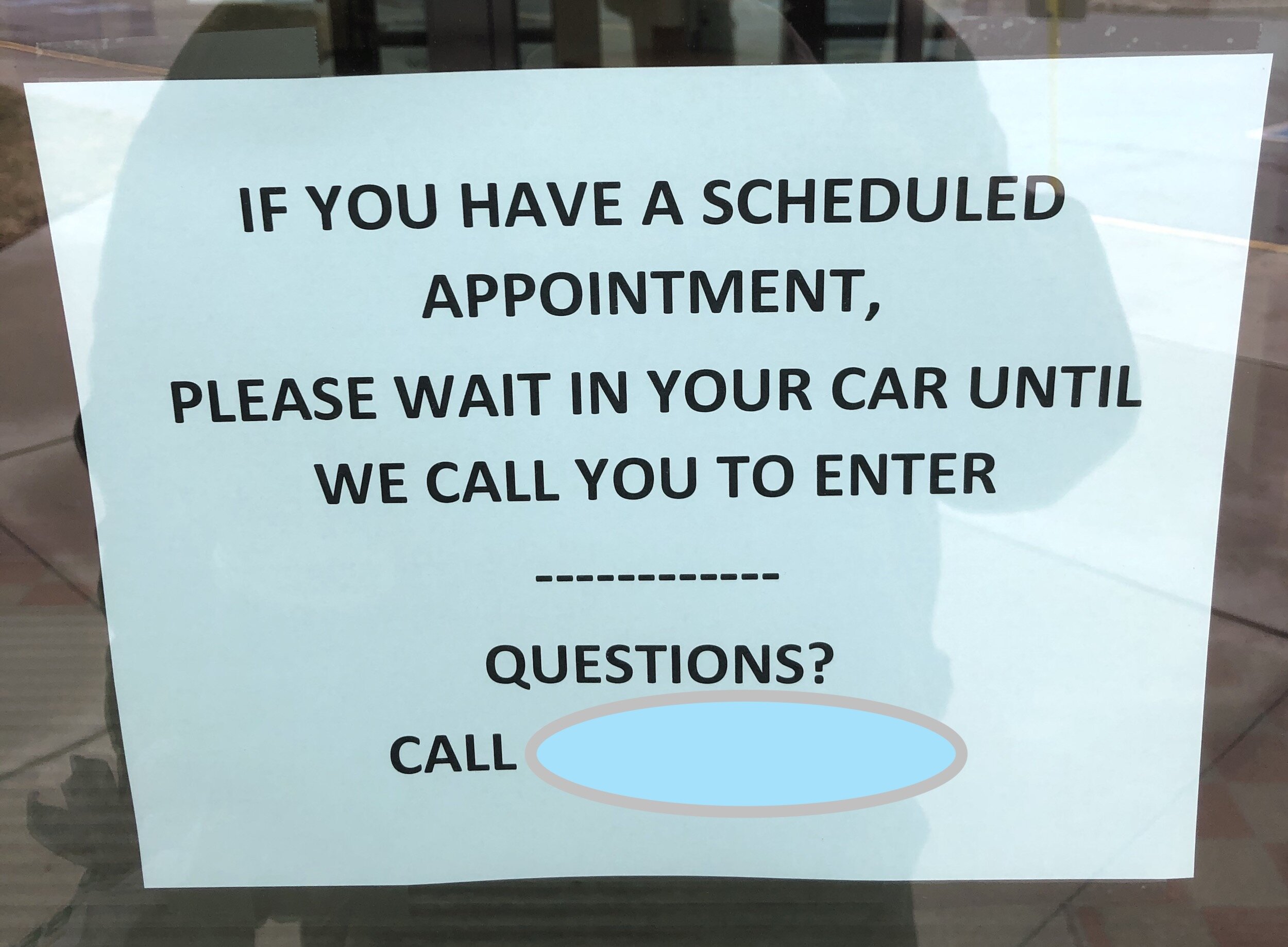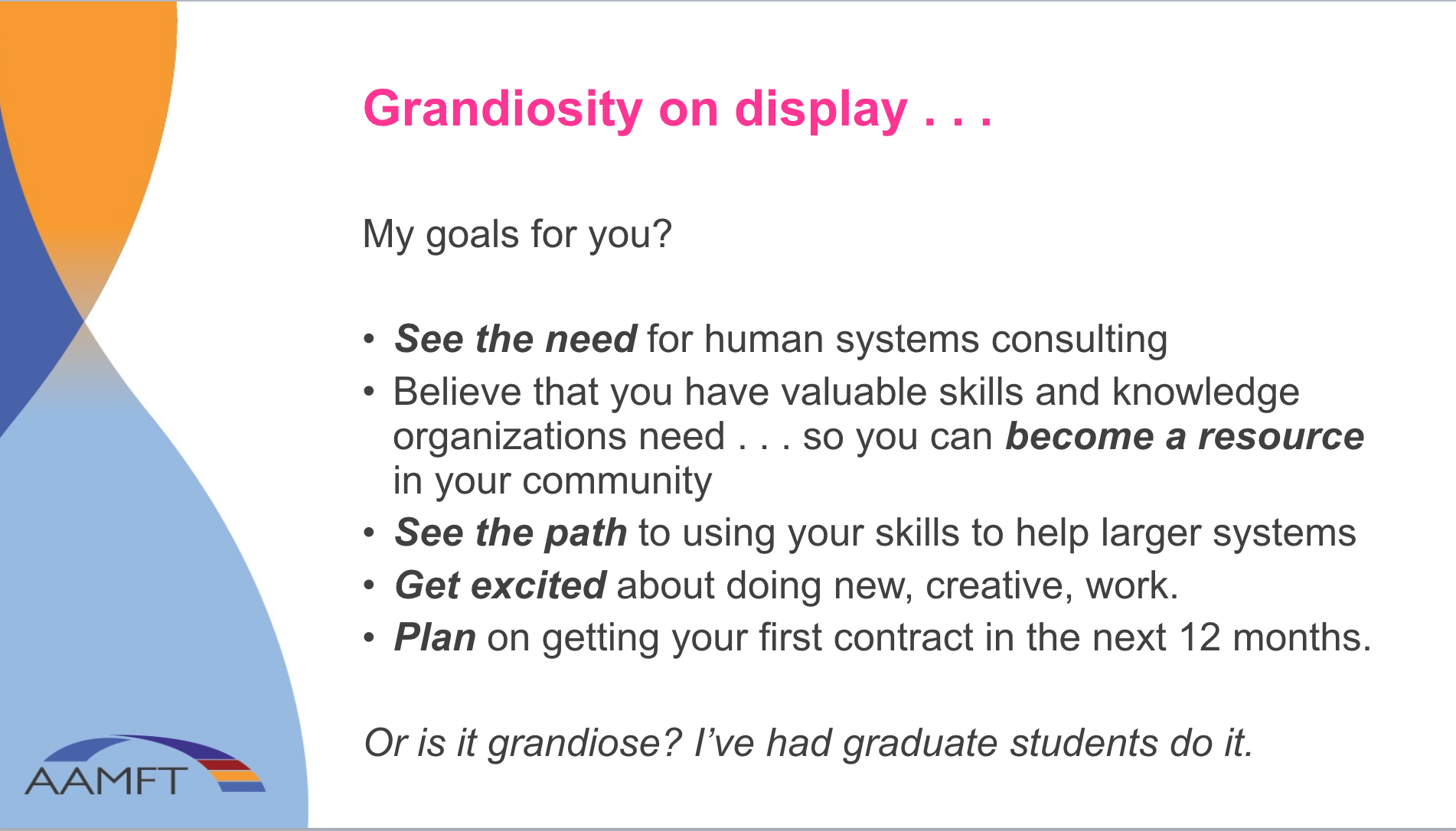Failing the team . . . going zero for six! How I lost the game with our rivals . . . and learned valuable lessons about myself.
It was my Junior year. I wasn't, as yet, a starter on my high school's varsity basketball team, but I was the "sixth man," and expected to start playing "some minutes" during games. But I had not experienced anything like this . . . getting put into the game at a critical moment . . . with the game on the line . . . and it wasn't expected . . . not when all the starters were available and ready to play.
We were playing the "River Rats"--at least that's what we called our hated rivals--they called themselves the Bluejays. We were in their gym, "enemy territory," and the atmosphere between the two teams, and their fans, was electric. From the time we entered the gym for warm ups, we heard a lot of derisive comments and taunts from the home crowd. Our fans, having commuted the 30 miles in opposition, responded in-kind. Incidentally, our rivals insisted on calling us the "Ducks" while our mascot was properly called the "Dukes." I guess fair's fair.
The game was a very close one through the first three-and-a-half quarters. The lead transferring, back and forth between the teams, while the player's effort, in line with the "energy" in the gym, was intense on both ends of the court. I sat, on the bench, absorbed in the action. I had been in the game but only briefly--to give one of the starters a "breather."
The game was now coming to the critical final minutes. The score was still tight, our team was only a basket behind, but our starters, playing the entire game, seemed to be experiencing some "sag" in their intensity and, in our final time out, the feeling that this game could easily "slip away" hung in the air.
"Miller, check in!" the coach barked. Caught off guard, but more than ready to join the "battle," I tore off my warmup and went toward the scorer's table as the horn sounded, and play resumed. The official at the scorer's table checked me in, and I sat on the bench at the scorer's table waiting for a "dead ball" when I would be buzzed into the game. Finally, the moment came, the scoreboard operator activated the buzzer, the official on the floor waved me in, and I headed toward the court . . . then I heard coach calling, stopping me, and he waved me over . . . I changed direction and went to the coach . . . "It's your job to win this thing!" he said. "Now, go in there and do it!" he urged.
"Yikes!" I thought, "He's counting on me to win this game!"
I moved out onto the floor and took up my position. At the time, we were on defense. "Easy enough," I thought. Just "dog" my assigned player and make sure he can't get the ball. Play resumed, and the point guard, attempted to set up their offense by coming my way, dribbled toward my position--attack the new guy, fresh off the bench. I "fronted" the forward, my assignment, and preventing the pass to start their offense, the guard reversed the play to the other side of the court . . . leading to an attempted basket away from my side of the court. Job well done. The team boxed out the other players, took the rebound, and took over the ball. Down the court we went toward our basket.
Our offense was designed to have a forward (I was one of two) start the "rotation" by taking the defensive player toward the basket, then popping out, to the wing, to take the first pass on the left or right side of the court. I dutifully took my player toward the baseline, popped out, and received the pass. As the point guard cut to his left, setting up a screen for the other forward coming toward me at the free throw line, I faked a pass to the middle. The defender bit, hard, on the fake, and I drove, wide open, toward the basket.
As I reached the basket, and leapt to complete the lay-up, the center defender crashed down hard and smashed into me--raking my arm and sending me under the backboard toward the end-line. The referee blew the whistle and the blatant foul was assessed. I had missed the lay up but I was awarded a "one-and-one." Meaning, for those not familiar with basketball, that if you make the first free throw, you would get a second attempt. Convert both and it is no different than making the initial lay up. I went to the free throw line. My coach's words still ringing in my head. I had missed the easy shot. But getting fouled was a nice consolation. I was good at free throws. I missed. The attempted shot, powered by too much adrenaline, hit the back of the rim and bounced away. No second free throw and no points. I was 0 for 2.
The next time down the floor was almost a repeat of the earlier play. I popped, received the pass, only this time the defender was not so ready to "over-play" the pass to the forward coming across the lane, and did not bite hard on my fake. I began to drive anyway, quickly gave a head-fake, as if to pull up and shoot. He went for it. Off his feet, I easily continued my drive to the basket and my second lay up. This time the center was helped by the off-side forward. They converged and I felt my arms, once again, raked by hands trying to stop the "easy basket." Again, the whistle blew, and again, a one-and-one was awarded, as I had once again missed the lay up. I was now 0 for 3.
Cognizant of the last free throw, I attempted to give this shot a little more touch. The ball arched gracefully toward the basket, hit the front of the rim, hesitated, then dropped, outside the basket. It was short, and I was 0 for 4. The other team rebounded the ball and headed the other way. Surprisingly, they were no better at capitalizing on our lack of execution, and soon we were back on offense, the game still within reach.
One more time, I dutifully popped out, and once more I received the ball. The defender, aware by this time, I think, that he was not quick enough to tightly guard a highly motivated "I'm-going-to-win-this-game" fanatic, crouched a couple of steps away and eyed me warily. I faked the drive, then a pass to the middle, and drove with the ball, once again, toward the basket. The defender anticipated this, however, and moved quickly to try and get an angle where I would not have another opportunity at a lay up. Seeing him drop back toward the hoop, I stopped--the player was out of position and it opened up the opportunity for an easy 10-foot jump shot. I barely got it off. The player, in desperation, grabbed at me, causing the shot to go wild, and the referee's whistle to blow. This meant I was now 0 for 5 but giving me, what I thought was, an intentional foul and 2 free throws.
Inexplicably, the referee told me that it was going to be, yet again, a one-and-one. Surprised, and wondering if the player had tripped when he grabbed me, if the referee had just got it wrong, or this was some home court advantage--I took the ball, bounced it three times, relaxed, bent my knees, and shot the ball. I missed . . . again. I was 0 for 6 and far from winning the game I was a significant part of why we lost that game in the final minutes.
I'll spare you the agony of the failure, the critical self-review, as well as other people's attempts to heal my wounded ego. But I will share how this utter, degrading, humiliating failure made me a better player . . . a better leader . . . and perhaps a better person.
I should say, I didn't learn all this that night. The walk to the locker room, the comments by other players, coaches, parents etc, the looooong bus ride home. It was not a night of inspiration or insight. It was a grueling ordeal to be endured. But returning to practice with my team, preparing for the games to follow, competing and once again being trusted to be on the floor during games, even when the outcome was uncertain, I began to learn from that failure.
Through this failure, I learned:
1. Confidence. Really? Yep! It took time but eventually, I realized that what had happened was not entirely a failure. Before I had failed to perform, my Coach saw me as someone capable of playing both when the game was on the line and with the ability to take over and win a game. As we used to say, he recognized "He has game," meaning ability. My teammates were "sagging" and at least I had "good looks" at the basket. My shots were not necessarily forced or bad decisions. They were not executed successfully however. The following year, my senior season, the Coach implemented two plays for critical moments like the end of a game. Given my earlier failure, the two plays (see below) were counter intuitive, Never-the-less, Coach demonstrated, once again, his confidence in me as a player.
2. Effort. Varsity players, even starters, could not stop me if I was determined. Only I could stop me. I frankly was surprised at how easy it was to get all 3 of my "open" shots on the basket. The defender simply could not prevent me from getting open. There was a problem however. When I went in for those first two layups and was pummeled by those senior players, I believed that I would not make those shots. After all, I was fouled! No one could be expected to make those baskets. I needed to learn some tenacity and how to complete a shot when I was fouled. I began to take pride in "going up hard" and making those baskets even if the defender "mugged me," making contact with my body, arm, or shooting hand, and seemingly making the lay up impossible. My playing time increased along with my effort and soon I was playing "significant minutes" regularly and converting those lay ups . . . and the bones free throws if the foul was called.
3. Success is controlling myself. I didn't want to fail like that ever again! I realized that my mistake was playing "out of control." I was trying to win the game. Me alone. Was my teammate open cutting across the lane? I don't know. I was planning my move to the basket. When the center crashed down on me, where was our center? Perhaps standing, open and unguarded, only a few feet from the basket? Probably. But I was going to make that lay up! I was going to win the game for the team, the coach, and--of course--myself. I played to win and my lack of playing with self-control hurt the team's chances.
4. Expectations are a two-edged sword. Trying too hard can be as bad as not trying . . . but I will never be okay with low expectations. It's a trap. How do I have "lower expectations" and still succeed? The trick is, making sure the expectations you have are yours and they are reasonable. You control the effort you exert . . . but not the outcomes. Had I made all of my shots in that game would we have won? Maybe. But I wasn't the only one playing that game. Taking on the projected expectations of others, or putting unrealistic expectations on yourself--the outcomes you hope for--is a recipe for failure.
5. Stay within Yourself. Don't listen to outside pressure. I took Coach's words too seriously. I should have ignored them. Afterwards, I realized that I accepted the premise, that it really was my job, and mine alone, to win that game. After all . . . that is the stuff of dreams isn't it? Hadn't I spent countless hours in my driveway, practicing for this exact scenario--taking the "winning shot"--and now I was asked to perform and I was ready to live the glory of winning the game. But the stress of accepting Coach's premise, and my own expectations, failed me. I should have said to myself, "Right Coach, it's my job to win this game. Not the starters who played 90-95% of this game. Not the team's job. It's mine." (Hear sarcastic tone of voice) Then, I could have ignored what he had said and just "played ball." I probably would have been more successful.
It was a painful experience but one that taught me a lot about myself and stood me in "good stead" for the future. The next year, my Senior season, Coach had two standing plays for when the game was on the line. Called by our school colors, Blue and Gold, the plays were essentially the same play--mirror images of one another--one to the right side of the court and the other to the left. Both called for the team to get the ball to me, then the players would clear the floor--to one side or the other, and I would go, one-on-one against my defender. It was a role I learned to cherish.
Epilogue: Social scientists have noted that "finding positive attributes in bad experiences--even ones that are painful" is one indicator of resilience in children. I think the same is true of adults and of leaders. Too often, leaders faced with a failure spend their time trying hard to spin the failure into "non-events," finding someone to blame, defensively explaining their motives and avoiding responsibility or simply trying to hide from the repercussions of the experience altogether; rather than facing it, publicly, head on, and learning from it.
Failure is most often a complex situation. Rarely, is it as simple as "someone failed." It's a core belief in our work with leaders that failure often is an opportunity for a leader to learn and to grow As Mohammad Ali put it, "You don't lose if you get knocked down, you lose if you stay down" and "Real success comes when we rise after we fall."







































































